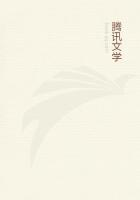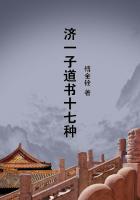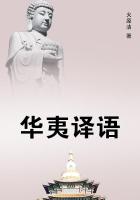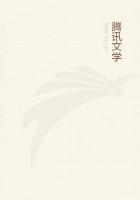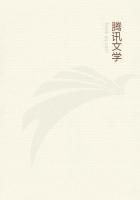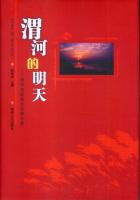"The ballot was not adopted; but the progress of circumstances has done and is doing more and more, in this respect, the work of the ballot. Both the political and the social state of the country, as they affect this question, have greatly changed, and are changing every day. The higher classes are not now masters of the country. A person must be blind to all the signs of the times who could think that the middle classes are as subservient to the higher, or the working classes as dependent on the higher and middle, as they were a quarter of a century ago. The events of that quarter of a century have not only taught each class to know its own collective strength, but have put the individuals of a lower class in a condition to show a much bolder front to those of a higher. In a majority of cases, the vote of the electors, whether in opposition to or in accordance with the wishes of their superiors, is not now the effect of coercion, which there are no longer the same means of applying, but the expression of their own personal or political partialities. The very vices of the present electoral system are a proof of this. The growth of bribery, so loudly complained of, and the spread of the contagion to places formerly free from it, are evidence that the local influences are no longer paramount; that the electors now vote to please themselves, and not other people. There is, no doubt, in counties, and in the smaller boroughs, a large amount of servile dependence still remaining; but the temper of the times is adverse to it, and the force of events is constantly tending to diminish it. A good tenant can now feel that he is as valuable to his landlord as his landlord is to him; a prosperous tradesman can afford to feel independent of any particular customer. At every election the votes are more and more the voter's own. It is their minds, far more than their personal circumstances, that now require to be emancipated. They are no longer passive instruments of other men's will- mere organs for putting power into the hands of a controlling oligarchy. The electors themselves are becoming the oligarchy.
"Exactly in proportion as the vote of the elector is determined by his own will, and not by that of somebody who is his master, his position is similar to that of a member of Parliament, and publicity is indispensable. So long as any portion of the community are unrepresented, the argument of the Chartists against ballot in conjunction with a restricted suffrage is unassailable. The present electors, and the bulk of those whom any probable Reform Bill would add to the number, are the middle class; and have as much a class interest, distinct from the working classes, as landlords or great manufacturers. Were the suffrage extended to all skilled labourers, even these would, or might, still have a class interest distinct from the unskilled. Suppose it extended to all men- suppose that what was formerly called by the misapplied name of universal suffrage, and now by the silly title of manhood suffrage, became the law; the voters would still have a class interest, as distinguished from women.
Suppose that there were a question before the Legislature specially affecting women; as whether women should be allowed to graduate at Universities; whether the mild penalties inflicted on ruffians who beat their wives daily almost to death's door should be exchanged for something more effectual; or suppose that any one should propose in the British Parliament, what one State after another in America is enacting, not by a mere law, but by a provision of their revised Constitutions- that married women should have a right to their own property. Are not a man's wife and daughters entitled to know whether he votes for or against a candidate who will support these propositions?
"It will of course be objected that these arguments' derive all their weight from the supposition of an unjust state of the suffrage: That if the opinion of the non-electors is likely to make the elector vote more honestly, or more beneficially, than he would vote if left to himself, they are more fit to be electors than he is, and ought to have the franchise: That whoever is fit to influence electors is fit to be an elector: That those to whom voters ought to be responsible should be themselves voters; and being such, should have the safeguard of the ballot to shield them from the undue influence of powerful individuals or classes to whom they ought not to be responsible.

